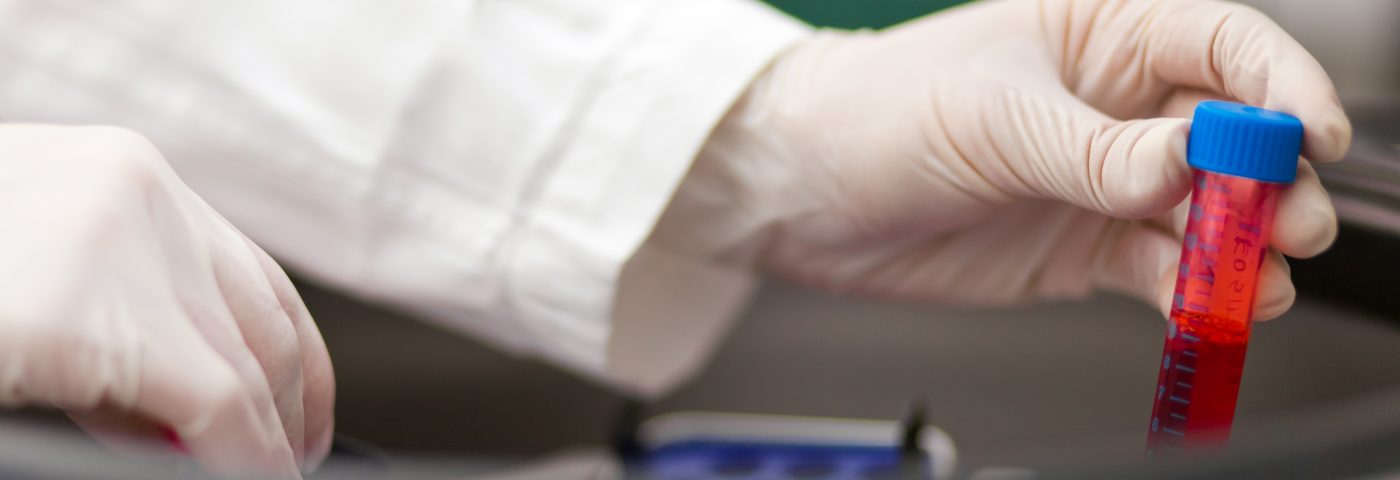Xcell Biosciences announced that it is extending its collaboration with the University of California, San Francisco (UCSF) to include three investigators leading pilot studies of Xcell’s Avatar cell culture system and analytics platform. The studies will evaluate if large-scale RNA profiling of peripheral blood and other patient-derived samples, cultured in the Avatar system, accurately predict patient responses to first- and second-line treatments for prostate, bladder, and kidney cancer when matched with known clinical outcomes.
Avatar is designed to enable cell-based assays by allowing for the control of key physiological conditions found in the microenvironments of cells, including settings for pressure, oxygen, temperature, and CO2 levels.
“We are particularly enthusiastic about the opportunity to use the Avatar system to compare results from liquid biopsies to actual tissue biopsies,” Charles J. Ryan, MD, professor of clinical medicine and urology and the clinical program leader for Genitourinary Medical Oncology at the UCSF Helen Diller Family Comprehensive Cancer Center, said in a press release. Ryan, a long-time partner of Xcell, is one of the three researchers leading the pilot studies.
“We also are optimistic about the ability to use the system to look at broad-scale genomic alterations in cancer patients without the necessity for looking at circulating tumor cells, cell free DNA or tissue biopsies,” he added. “Xcell’s system offers the opportunity to look at different types of analysis all with one blood draw – for example, potential relationships between immunology, androgen receptors, and DNA repair in prostate cancer.”
Another is Terry Friedlander, MD, a UCSF professor of Medicine. “Predicting treatment response is a huge unanswered question in oncology in general,” Friedlander said. “If the Avatar system can keep the cells in the same state that they were in the body, we may get a more accurate read on the activation status of the immune system and determine markers that might help predict response to treatment.”
The third is Won Kim, MD, a UCSF medical oncologist who will lead a study in kidney cancer. “Kidney cancer is a disease where we have a real shortage of predictive and prognostic biomarkers,” Kim said. “For this pilot study, we’re hopeful that we will show that the data generated from Xcell’s platform will help us identify which patients with renal cell cancer are more likely to respond to tyrosine kinase inhibitors or immunotherapy. We all want these feasibility studies to succeed because there are so many cancers where tissue is just not easy to access.”


